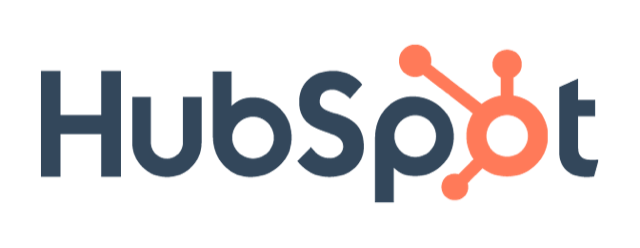HubSpot CRM: An In-Depth
In our research and testing process, HubSpot CRM was consistently competitive with other highly recommended customer relationship management solutions. We’ve named HubSpot the best CRM for very small businesses due to its all-around functionality, incredible online resources, and robust free version, which is ideal for tiny businesses and sole proprietorships. Even the free version connects with Gmail, G Suite and most versions of Outlook, making it ideal for email marketing.
View all our recommendations for CRM software on our best picks page.
HubSpot CRM offers additional paid services, like the Marketing Hub and Sales Hub. What’s unique about this setup is that HubSpot allows businesses to opt in to those paid services based on specific users, while everyone else on the team uses the completely free version. This ability to combine paid and free subscriptions is ideal for tiny businesses that want to gradually scale products without purchasing more service than necessary.
The setup process is ideal for small businesses too. Syncing the customer relationship system with Outlook or Gmail is just a click away (no coding required), and the primary task dashboard is intuitive to navigate, thanks to the clear labels like Contacts, Companies, Deals, Tasks, Sales Tools and Settings. Users can easily filter and view contact cards and communication timelines, keep track of live notifications, make and record calls directly in the system, and utilize helpful templates for building out email campaigns, websites and blogs, and for formatting invoices. Standard features small businesses require from a CRM are present too, like automatic sales logging, contact and lead management, and customizable sales pipelines.
All this built-in functionality is impressive, especially since it’s all included in the free version of HubSpot CRM, but there are lots of ways to build out the product as well. HubSpot offers all its users access to comprehensive online resources that cover everything from training and implementation to expanding into the paid HubSpot products, like the Marketing Hub and Sales Hub. The SaaS provider even has a learning portal complete with courses and certification information, making it a great fit for DIY-capable small businesses that want to grow a CRM organically over time, without investing a lot of cash before it’s necessary.
HubSpot strikes an excellent balance between offering a lightweight product that’s free to use and quick to adopt and providing serious business users with a fully scalable CRM solution.
HubSpot’s completely free CRM service may be robust enough to meet the needs of very small businesses and independent contractors. If you want to expand the system’s functionality, you can build out either the Marketing Hub, Sales Hub or both – just pay close attention to how each product is billed. The overall pricing structure for HubSpot can be confusing at times, as your need for certain services will edge you into either the marketing or sales paid plans. This can get expensive, so it’s important to stay in contact with your HubSpot representatives throughout the duration of your service.
The Marketing Hub has a free level, Starter ($50 a month), Basic ($200 a month), Professional ($800 a month) and Enterprise ($2,400 a month). Each is billed annually, and unlike most CRMs, there are no minimums or maximums for number of users. Billing for the Marketing Hub is based entirely on the level of product and not the size of your team, which is highly unusual.
The Sales Hub is billed based on number of users you have, which also determines the level of service you get. Like the Marketing Hub, it has a free option, Starter ($50 per month for one user) and Professional ($400 per month for five users). For additional services for more team members, you must request a price quote.
HubSpot operates on an a la carte basis, which makes it a great CRM for small businesses and growing startups that want something lightweight and inexpensive with the ability to scale over time. However, the pricing structure is needlessly complicated, which makes it hard to determine affordability. For example, if just one user signs up for the Starter package for both the Marketing and Sales Hub, the cost is a whopping $100 a month, which is extremely expensive for an entry-level CRM subscription. If, on the other hand, a company has a small number of users who require access to paid Marketing or Sales Hub services, and a lot of employees who need access to the system in general (i.e., the free version), HubSpot may be a money-saver.
A free CRM isn’t all HubSpot brings to the table. This SaaS solution offers business users some serious benefits. Here are a few of the most notable features HubSpot CRM delivers.
Templates: Templates are essential for

